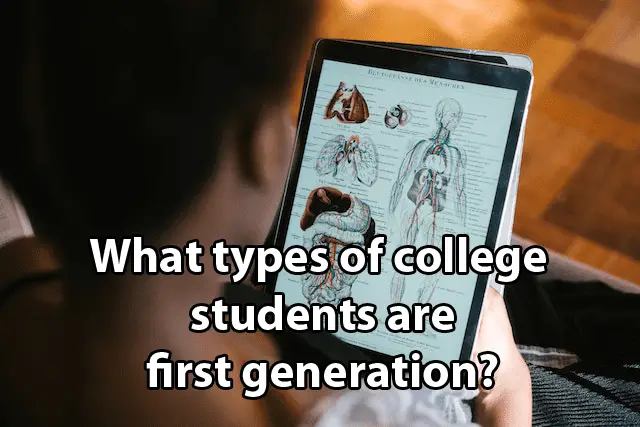
Opportunities for Success for First-Generation Scholars
First-generation scholars, those who are the first in their families to attend college, face unique challenges in higher education. However, these challenges come with a wealth of opportunities for success. Through scholarships, programs, and innovative pathways, first-generation students can achieve academic and professional success.
Understanding the Landscape
First-generation scholars often have to navigate unfamiliar territory. Without immediate family experience to rely on, they may face barriers such as lack of guidance on college applications, financial constraints, and limited access to educational resources. Despite these challenges, these scholars also bring diverse perspectives and resilience to the education system, which can be a significant advantage.
Universities and colleges increasingly recognize the value of first-generation students and offer a range of resources to support their success. From mentorship programs to financial aid workshops, institutions are working to create an inclusive environment where first-generation students can thrive.
Financial Support Through Scholarships
One of the significant hurdles for first-generation students is funding their education. Scholarships specifically aimed at these students can alleviate financial burdens and open doors to various opportunities. For instance, some scholarships not only cover tuition but also provide funding for research and international study programs.
For example, the "PhD Scholarship in Mechanisms Underlying Myopia" is an opportunity for students interested in research. This scholarship covers tuition fees and offers a stipend, providing valuable support for those who aim to contribute to this field of study.
Innovative Pathways: Studying Abroad Without IELTS
In the globalized world, international education offers unique advantages, broadening perspectives and forming global networks. Traditionally, studying abroad has required passing language proficiency tests like IELTS, but pathways are emerging that allow students to study without such prerequisites.
In 2023, several countries are offering "How to Study Without IELTS Student Visa" options. Universities in countries where English is not the first language have started to provide alternative assessments or foundation courses to cater to international students. These pathways open up the possibility of studying abroad to first-generation students who might have found language requirements a barrier.
Building Strong Support Systems
Success for first-generation scholars often hinges on the support systems available to them. Universities are creating cohesive networks that include academic advising, peer mentoring, and faculty guidance tailored specifically for these students. Many institutions have dedicated offices or programs, such as the First-Generation Student Success Office, which provide comprehensive support from admission to graduation.
In addition to institutional support, community organizations play a crucial role. Nonprofit groups and educational organizations offer workshops, counseling, and other resources to help first-generation students navigate their academic and career paths.
Incorporating Technology in Learning
With the rise of digital technology, educational resources have become more accessible than ever before. Online platforms offer free courses, lectures, and learning materials that first-generation scholars can utilize, supplementing their university education. Familiarity with these resources can significantly enhance learning and offer additional pathways to success.
Technology can also help first-generation students connect with mentors and peers globally, fostering relationships beyond their immediate academic environment. These connections can offer guidance, encouragement, and opportunities that enrich their educational journey.
Networking and Professional Opportunities
Creating a strong professional network is crucial for any scholar, but especially so for first-generation students who may not have professional connections through family. Networking events, both virtual and in-person, give students the chance to meet industry professionals and alumni.
Many universities host career fairs and networking nights tailored for first-generation students, providing them direct access to employers and internship opportunities. Coupled with internships and job shadowing programs, these events are instrumental in building professional skills and gaining valuable experience.
Enhancing Resilience and Adaptability
First-generation scholars often possess high levels of resilience and adaptability—traits honed by navigating the complexities of being a pioneer in their education journey. These qualities not only help them overcome challenges but also make them valuable in the workforce.
Educational institutions can further nurture these traits by offering workshops and seminars focused on skills like problem-solving, critical thinking, and adaptability. Programs designed to enhance soft skills can complement academic achievements and prepare students for the multifaceted demands of the modern workplace.
Conclusion: A Path Filled with Opportunities
The journey of a first-generation scholar, while challenging, is also filled with opportunities that can lead to personal and professional success. By leveraging scholarships, exploring innovative pathways for international study, and utilizing robust support networks, first-generation students can overcome financial, social, and academic obstacles.
In moving forward, it is essential for educational institutions, communities, and policymakers to continue refining support strategies to ensure that first-generation scholars not only attend college but thrive throughout their academic journey and beyond. By investing in these students, society enriches itself with a diverse and driven new generation of leaders, professionals, and innovators.


















